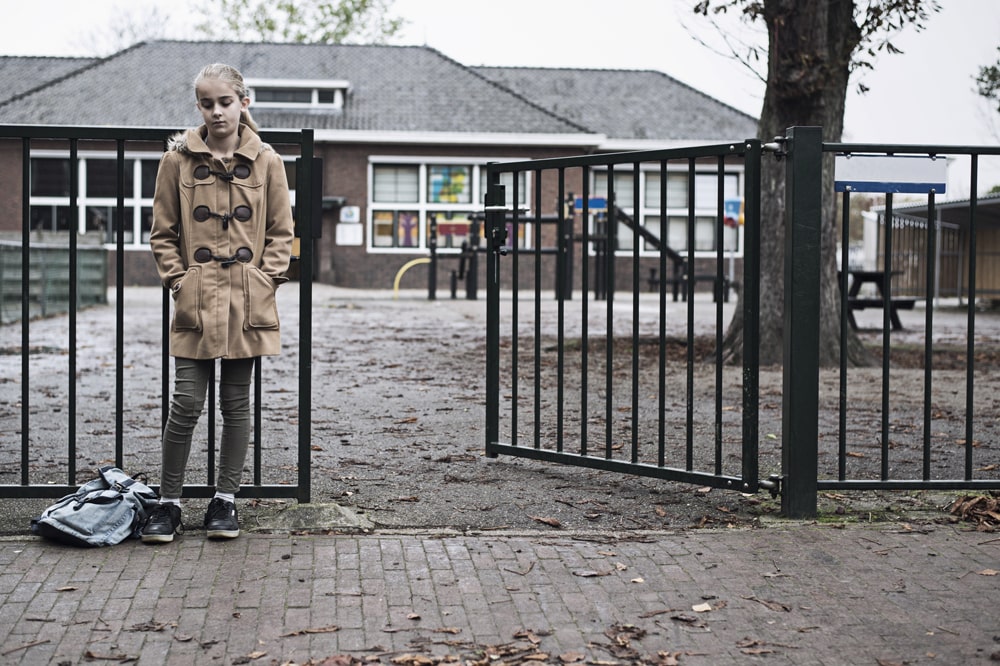National Child Sexual Exploitation Awareness Day 2017

This National Child Sexual Exploitation Awareness Day, SSS Learning is raising awareness of the many types of child sexual exploitation (CSE) uncovered and investigated every day in the UK. We urge government and the public sector to make stronger recommendations concerning the depth and frequency of safeguarding training for frontline professionals tasked with protecting children and young people.
Our big message on this important day, is this: “knowledge is power – frontline professionals need better access to training and resources to stay on top of the latest legislation updates, support and intervention techniques.”
CSE is a type of sexual abuse, which can be a violent as well as degrading experience, requiring sound knowledge and expertise by professionals to identify those at risk and/or support victims.
In the case of sexting and use of modern technology, CSE does not always involve physical contact. According to figures released by the Labour Party, sexting; sharing of sexually explicit images, photos or messages by under 16s, rose by an astonishing 1204% in two years. Whilst much is being done in schools to empower young people to keep themselves safe and develop proficient ICT and mobile phone usage policies, staff must also be trained to spot signs of certain behaviours to identify children at risk of this form of abuse outside the school gates. New sexting guidance for schools was released by the UK Council for Child Internet Safety last September to support educators.
Witnessing high profile CSE cases such as former Crewe Alex youth coach Barry Bennell, now charged with 20 counts of suspected abuse, and former independent school teacher Patrick Marshall, it is clear that child abuse is very much part of the national consciousness and public debate in Britain right now. To stop this legacy continuing, more must be done to ensure that teachers, doctors, nurses and voluntary workers clearly understand their legal responsibility and acquire the expertise to deliver appropriate services.
The world of legislative protection for young people is continuously evolving in line with case learnings and outcomes. For example, the Department for Education has released updates to its ‘Working together to safeguard children (Sep 2016)’ statutory guidance and “Child sexual exploitation: definition and guide for practitioners” (Feb 2017) which impacts upon the CSE legal requirements placed upon schools. It is essential that any frontline professional trained before these dates, understand the latest requirements they are required toembed in everyday safeguarding practice.
The more we learn from cases; historic and current, the stronger the case becomes for safeguarding to be firmly embedded in CPD. Whilst public sector officials are wrestling with budget uncertainties and pressure to cut training reserves, the fact that over 57,000 children are currently identified as needing protection from abuse in the UK, is a stark reminder of the situation we are dealing with. Furthermore, it is estimated that, for every child identified as needing protection from abuse, another eight are suffering abuse.
In the current financial climate, ensuring your staff are one hundred percent up-to-date might feel daunting, however by changing our approach to safeguarding training and using modern approaches it is achievable. Supported by a quality safeguarding partner, you will be alerted to changes in legislation and guidance and provided with updated resources to share with staff.
Here’s a useful checklist for senior frontline professionals tasked with procuring CSE training. The content should:
- Comprehensively define Child Sexual Exploitation (CSE);
- Provide a comprehensive understanding of legislation and statutory requirements within educational settings;
- Enable staff to recognise the key CSE risk indicators;
- Include the role of school or academy governance regarding CSE;
- Identify individual staff roles in protecting pupils from / responding to incidents of CSE;
- Provide details on when and how to refer children and young people.
During National Child Sexual Exploitation Awareness Day we’ll be sharing the great work being done to promote awareness. Please let us know what you’re doing to mark this important initiative via Twitter, or Facebook.
Here are just some of the great campaigns running:
Enfield residents urged to spot signs of child sexual exploitation (via Enfield Today)
Councillors in South Tyneside backing campaign to raise awareness of child exploitation (via ITV.com)
SSS Learning Safeguarding Director
17 March 2017